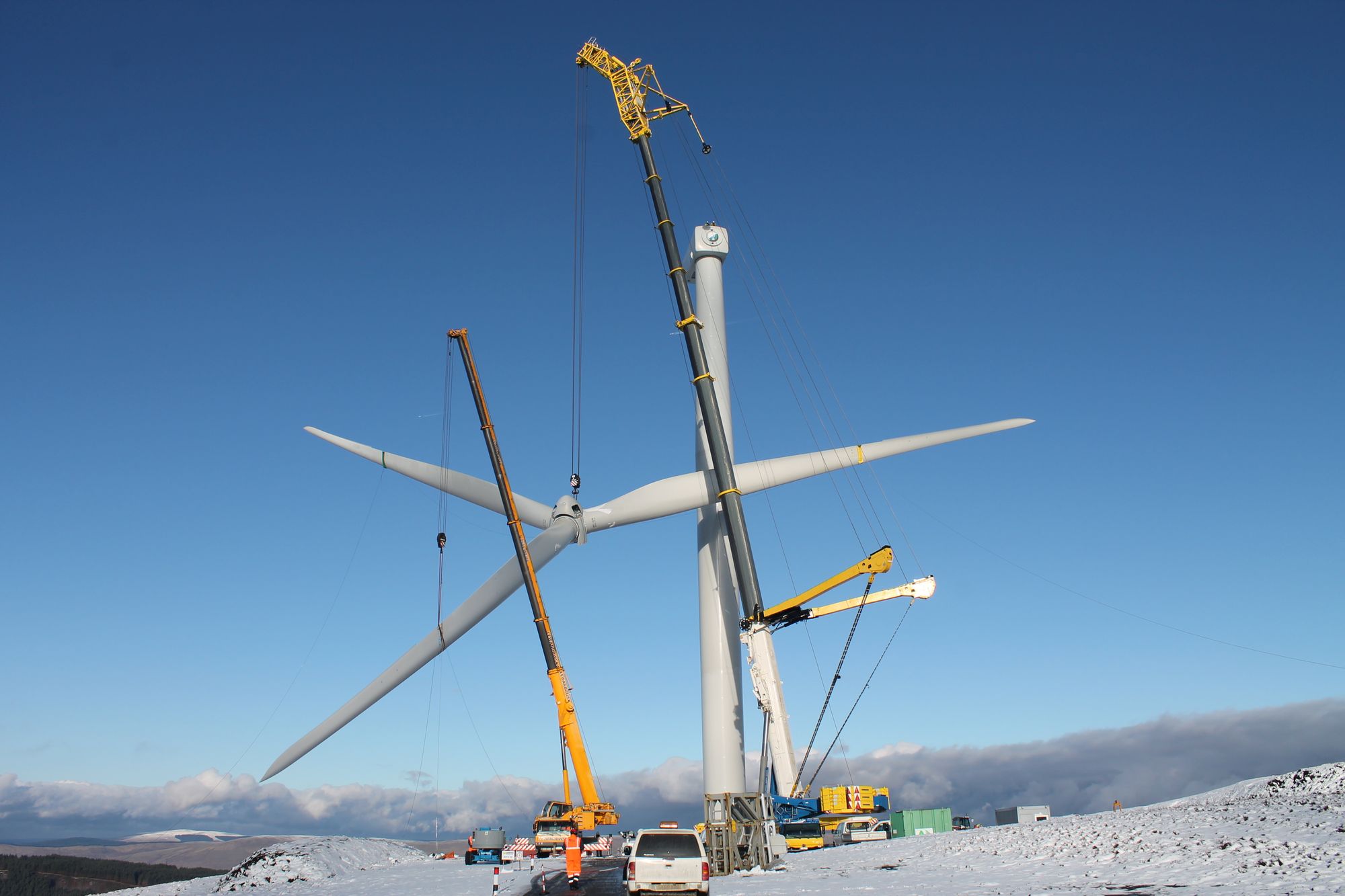A Golden Opportunity....

A golden opportunity for British farmers and landowners was laid out in black and white last week.
The United Nations released their latest climate report dubbed a "climate survival guide" to advert climate disaster. The report highlights that countries must
"work towards far more ambitious climate commitments" and that "Clean energy and technology can be exploited to avoid the growing climate disaster"
The UK has committed to achieving net zero by 2050 and are targeting 100% of clean, decarbonised electricity by 2035. That's just 12 years away.
Key to these goals are the development of wind power (both on and offshore), solar, hydrogen and nuclear coupled with battery storage to account for uncertainty in British weather.

So where do farmers come in?
To achieve these goals, they are going to need land. To build wind turbines, solar farms, battery storage and hydrogen units.
This provides a golden opportunity for farmers and landowners to diversify and secure long term, predictable income for their businesses.
So how do you know if your land is suitable? Well here are a few criteria to consider:
- Is your land near a grid connection? The closer, the better....
- Does it have the right classification - it's difficult to get planning on land designated 'high-quality'
- Is the site large enough? Solar farms require 30+ acres to make it feasible whereas 2 acres is suitable for battery storage
- Is the land close to residential areas? The further the project is from build up areas, the better.
- Is the terrain suitable? Solar farms prefer flat, unshaded areas
- Is there suitable access? Are you able to get large wind turbines on site or are other permissions required?
My predictions
I suspect a good proportion of future clean energy in the UK will come from off-shore wind and nuclear power. But there will certainly be plenty of opportunities for future wind, solar, hydrogen and battery storage onshore.
Given the unreliability of wind power, there will be strong demand for battery storage facilities to allow the grid to meet peak demand.
Talking of the grid, this is the biggest issue with new projects. There just isn't enough capacity at the moment in the grid to accommodate a our energy needs. Whilst upgrades and expansions are ongoing, it'll take some time to build this additional capacity.
Planning permission is currently a stumbling block too but with a central government push on new projects post Russia's invasion, this should become slightly easier.
